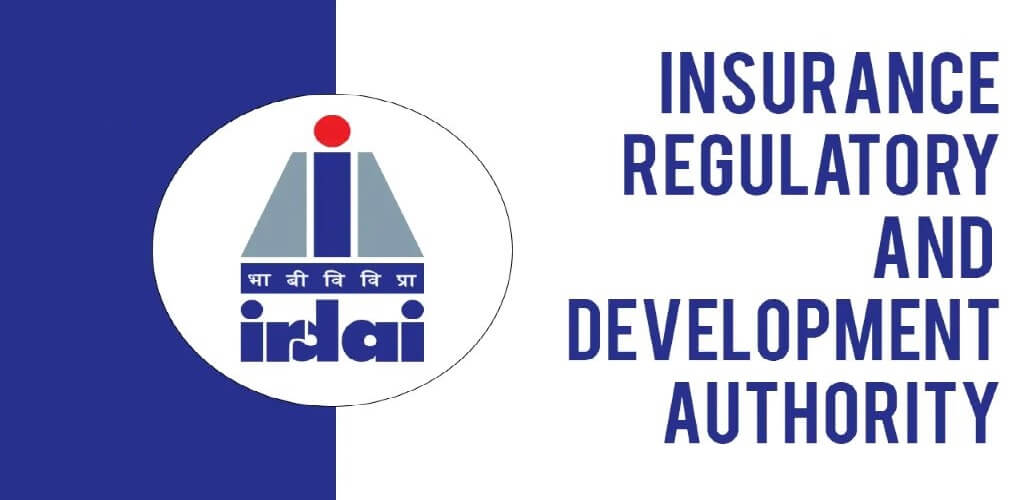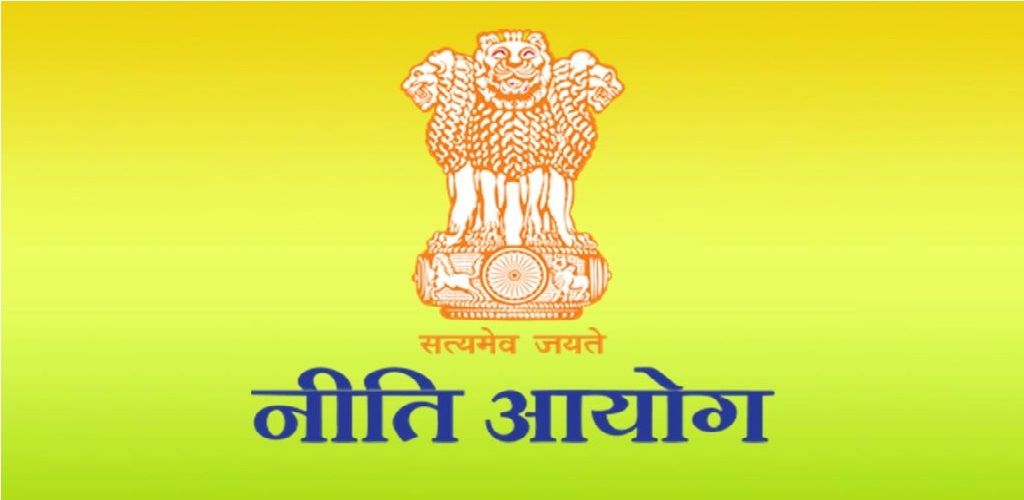The Insurance Regulatory and Development Authority of India (IRDAI) is like the boss of the Indian insurance sector that oversees and manages the insurance sector to meet customers’ evolving needs. It was created in 1999 as an independent and legally mandated body. The IRDAI is responsible for regulating the insurance industry in India and even oversees its activities internationally.
The main objective of the IRDAI is to protect the rights and benefits of the policyholder while promoting the expansion and stability of the insurance industry. It ensures that insurance companies operate fairly and transparently and must adhere to a specific set of rules for functioning.
Want to learn more about what they do? What is their major role? In this post, we’ll provide you with everything you’ll need to know about IRDAI.
What are the Objectives of IRDA?
The IRDAI’s main focus is on the following key objectives.
Protecting Policyholders’ Interest:
One of the prime objectives of IRDA is that it aims to protect the rights and benefits of policyholders. It ensures that insurance companies treat policyholders fairly and transparently, protecting them from any unfair practices.
Fair Regulation:
Another major objective of IRDA is that it ensures that insurance companies must adhere to the established rules and guidelines. It aims to promote fair competition, ethical practices, and customer protection within the industry.
Ensure Financial Soundness:
Speaking of the third objective, the IRDA is responsible for monitoring and maintaining the financial stability and strength of insurance companies. It sets financial and capital requirements for insurers to ensure their ability to meet obligations towards policyholders.
Regulations for Transparency:
Since IRDAI continuously formulates and updates regulations and guidelines, it’s important to ensure clarity and transparency in the functioning of the insurance industry. These regulations help in reducing ambiguity and provide a clear framework for insurers to operate within.
What are the Major Functions of IRDA?
Here is a list of the major functions of IRDA that you must know about. Let’s discuss them in detail!
Protecting Policyholders:
One of the major and prime functions of IRDAI is that it prepares rules and regulations for the welfare of the common people. If someone has any issue or grievance regarding policy then they can contact IRDA and they will look into this matter.
Educating People About Insurance:
Another major function of IRDA is that it helps people understand how insurance works. They do this by running campaigns, sharing information, and doing activities to teach people about insurance.
Constantly Monitor:
IRDA makes rules and everyone dealing with insurance, be it customers or the insurance industry, has to follow them. They also keep an eye on things to make sure everyone is following the rules.
Keeping an Eye on Money:
One of the biggest functions of IRDA is that they check that insurance companies have enough money to pay for claims. This makes sure that when someone needs to use their insurance, the money is there to help them.
Approving New Insurance Plans:
Remember that before a new insurance plan is sold, the IRDA has to say it’s okay. They check to make sure the plan is fair and will help people.
Helps Industry Grow:
There is no denying that IRDA wants insurance to get better and bigger in India. So, they encourage new ideas and technology to make insurance better for everyone.
Collaborate With Like-Minded:
Last but not least, IRDA talk to other countries’ insurance groups to learn from each other. This helps make sure India’s insurance is as good as it can be.
What is the Role & Importance of IRDA in the Indian Insurance Industry?
It is no secret that IRDA plays a crucial role in the Indian Insurance industry by following different responsibilities and ensuring the policyholders’ protection. The role and importance of IRDA can be summarized.
Provide Long-Term Funding:
The biggest role of IRDA is that it channelize insurance funds into productive sectors of the economy. This helps accelerate economic growth by providing a stable and long-term source of funding.
Facilitate Integrity, Financial Stability, & Competence:
Another major role of IRDA is to promote and monitor high standards of integrity, financial stability, and competence in insurance providers. It sets guidelines and conducts regular inspections to ensure insurers meet these standards.
Hassle-free Claim Settlement:
No matter what kind of claim a customer files, it’s the major role of IRDA to facilitate the prompt and efficient settlement of legitimate insurance claims. It establishes a grievance redressal forum to address policyholders’ complaints and takes action against fraudulent activities to protect the interests of policyholders.
Take Actions Against Non-Compliant Insurers:
If any insurer is found to be guilty thenIRDAI takes appropriate actions against insurers who fail to meet regulatory requirements or maintain high standards. This includes imposing penalties, issuing warnings, and, in extreme cases, revoking licenses.
Optimal Self-Regulation:
Last but not least, IRDAI’s main role is to achieve an optimum level of self-regulation within the insurance industry. It encourages insurers to adopt self-regulatory measures and ethical practices, which ultimately reduce the need for external intervention.
What are the Types of Insurance Regulated by IRDAI?
The types of insurance are categorized into two main categories:
- Life Insurance: These kinds of policies provide financial protection to individuals or their beneficiaries in the event of the insured person’s death or at the end of a specified term. The IRDAI regulates the following types of life insurance policies:
- Term Insurance: It provides coverage for the entire lifetime of the insured person. It offers a death benefit to the beneficiaries upon the insured person’s death.
- Whole-Life Insurance: It provides coverage for the entire lifetime of the insured person. It offers a death benefit to the beneficiaries upon the insured person’s death.
- Endowment Plans: These kinds of plans provide both insurance coverage and savings. These policies offer a lump sum payout at the end of the policy term or upon the death of the insured person, whichever occurs first.
- ULIP: These Unit-Linked Insurance Plans combine insurance coverage with investment opportunities. These plans allow policyholders to invest in various funds to gain potential returns.
- Non-Life Insurance (General Insurance): Non-life insurance, also known as general insurance, covers a wide range of insurance policies that provide protection against risks other than life. The IRDAI regulates the following types of non-life insurance policies:
- Health Insurance: It covers medical expenses and provides financial protection against healthcare costs, including hospitalization, surgeries, and other medical treatments.
- Motor Insurance: It includes policies for cars, two-wheelers, and commercial vehicles. It provides coverage against damage to vehicles and third-party liability in case of accidents.
- Home Insurance: It provides protection against losses or damages to residential properties caused by perils such as fire, theft, and natural disasters.
- Property Insurance: It covers commercial properties, including offices, shops, factories, warehouses, and other business establishments.
- Travel Insurance: This kind of insurance covers individuals travelling domestically or internationally. It provides protection against trip cancellation, medical emergencies, baggage loss, and other travel-related risks.
- Business Insurance: It provides coverage for businesses against various risks, including property damage, liability, professional indemnity, and business interruption.
Difference Between IRDA and SEBI on Their Functions
These two are the vital regulatory authorities in India that oversee different sectors of the financial market. Let’s discuss their differences based on the following parameters.
| Parameters | IRDA | SEBI |
| Regulation Scope | Speaking of IRDA, it regulates the insurance industry. | SEBI, on the other hand, regulates the securities and commodity industry. |
| Establishment | IRDA was established in the year 1999 | SEBI, on the contrary, was established in 1992 |
| Certificate of Registration | The Insurance Regulatory & Development Authority of India Grants certificates of registration to insurance companies to issue insurance policies. | If we talk about SEBI, it grants a certificate of registration to stockbrokers, bankers, and sub-brokers to issue deeds |
| Rule Framing | IRDA frames rules and regulations under the Insurance Regulatory and Development Authority Act | SEBI, on the other hand, frames rules and regulations under the Securities and Exchange Board of India Act |
New Rules and Guidelines for Health and Mediclaim Insurance by IRDA
In 2020, the Insurance Regulatory & Development Authority of India brought significant changes to health and medical insurance policies through new rules and guidelines. Here’s a detailed overview of the key updates.
Claim Rejection:
Under the new guidelines laid down by the IRDAI, insurers are prohibited from rejecting claims if the policy has been continuously renewed for eight years without any interruptions. This period, known as the moratorium, ensures that policyholders are protected, and their claims cannot be denied except in cases of fraud or specific policy exclusions. Furthermore, insurers are not allowed to appeal claims denials to the IRDAI unless they have valid reasons which ensure fair treatment to policyholders.
Inclusion of Telemedicine:
Other major rules and guidelines laid down by the IRDAI are that it now allows patients to consult doctors online through telemedicine. Acknowledging this shift, the IRDAI mandated insurers to incorporate coverage for telemedicine consultations in their policies. This inclusion enables policyholders to access healthcare services conveniently and remotely, which ultimately enhances their overall healthcare experience.
Claim Settlement:
In cases where insurers fail to settle claims promptly, they are now required to pay interest on the claim amount. This measure ensures that policyholders receive timely compensation for their claims and encourages insurers to streamline their claim settlement processes. Remember that claims should be settled within 30 to 45 days of the policyholder submitting all necessary documents, which leads to customer satisfaction.
Frequently Asked Questions
Here is a list of the frequently asked questions related to the roles and guidelines of IRDA in the Indian Insurance sector.
First, talk to your insurance company if you have any questions or problems. If they can’t fix it, you can get help from the Insurance Ombudsman, who helps solve problems for people who have insurance.
Yes, the IRDA gives licenses to people who want to be insurance agents. To get one, you have to pass a test. The IRDA has set rules about how to apply and who can get a license.
The IRDA Act is a law that controls insurance in India. The government made a group to study insurance and suggest ways to make it better. In 1999, they used the group’s ideas to make the Insurance Regulatory and Development Authority Act
You can keep all sorts of insurance, like Life Insurance, General Insurance, Health Insurance, and Annuity Policies, in electronic form if they’re from companies registered with the IRDA.
Yes, you can. Just ask your insurance company or the Insurance Repository to help you switch them to electronic documents.








